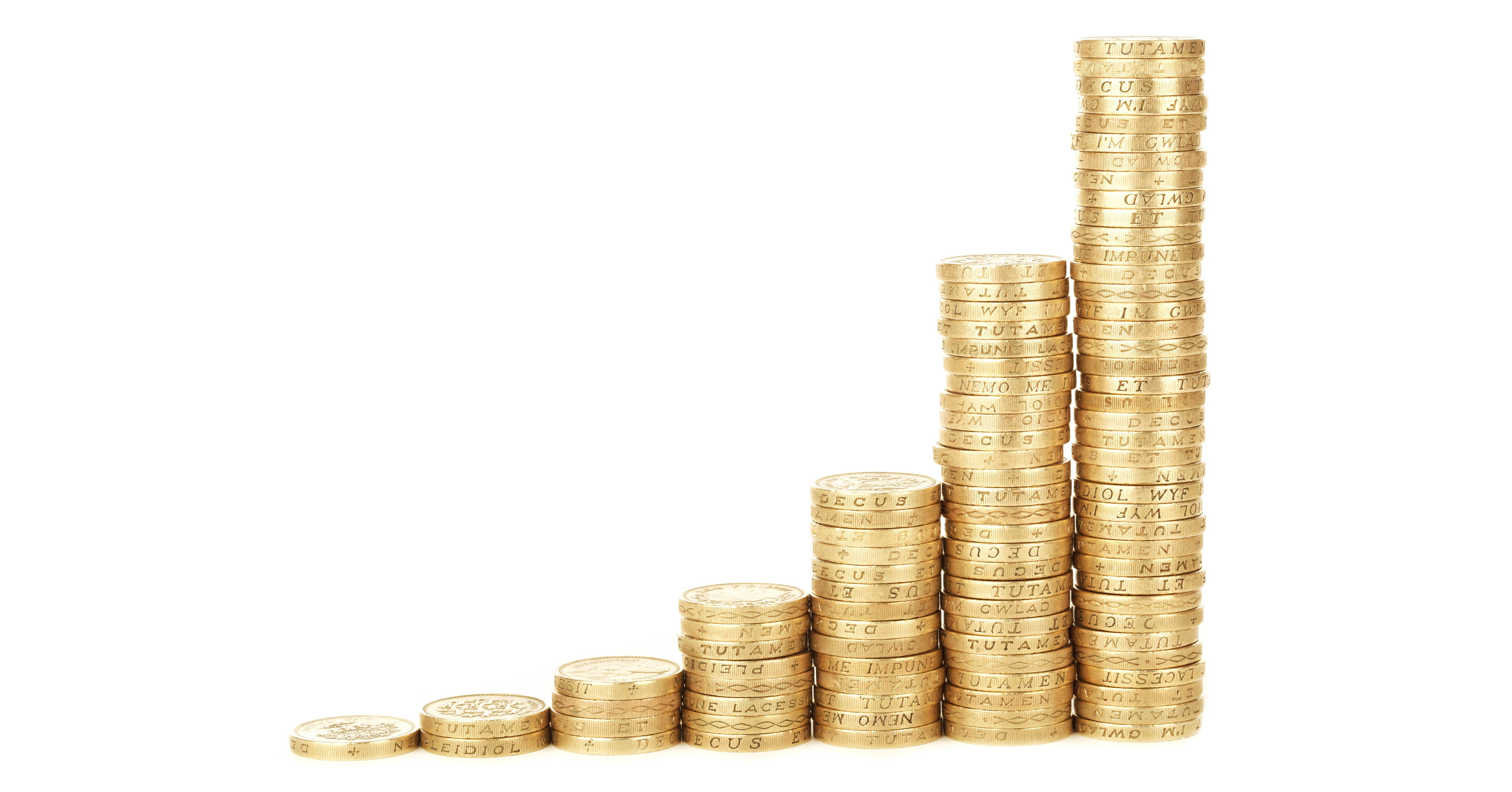The importance of emergency funds
It’ll never happen to me. It’s smooth sailing as far as the eye can see.
While we all hope that our financial situation remains secure, life does have a tendency to kick up a storm every once in a while. Sometimes that might be unique to you – your company is re-organized and suddenly your career path is thrown for a loop, an unexpected medical expense crops up and it’s not covered by your insurance provider, or a family member needs help and is relying on you to be there. Other times, those stormy periods affect the entire economy and you’re caught in the downturn – the company goes under, no bonuses this year.
What’s really scary is how ill-prepared most Americans are to weather such an event. According to a survey done by Bankrate in 2017, 6 in 10 Americans don’t have savings set aside to cover an unexpected $500 expense, while the typical emergency cost is over $2,500– most often an unexpected medical expense. When asked how they would handle such an expense, those who couldn’t afford it most often responded they would use a credit card, incurring high interest debt that significantly adds to the cost over time.
You can think of how much of a hit to your income you can weather as your resiliency. If a fender bender is enough to send you over the edge, you have very low resiliency. If you can lose your job and carry on your lifestyle for 6 months without any changes while you find a new opportunity, you have high resiliency. Our goal at Farther is to help make you highly resilient.
So how much do you need to set aside?
That’s mostly a function of your expenses. At a minimum, you want to build up a cushion of three months worth of expenses before beginning to save elsewhere. To find out what your expenses are, add up what you spend on rent or mortgage, food and utilities, and any loan or other debt you need to repay. You might have more control over other expenses like travel and entertainment, but if you want to maintain your lifestyle, you should include those as well.
While three months is the minimum target, six months is certainly safer and will provide much more comfort for you and your family in trying times. Once you hit your three month goal, you can (and should!) safely contribute to an IRA up to the limit, but after that account is topped off, continue to save until you reach your six month goal.
Even after hitting it, be sure to reevaluate every once in a while. Your expenses may increase as you grow older, expand your family, or buy a house. Or you might you might be glad it’s there should you need to draw down on your emergency fund. In either case, make sure to keep an eye on it to ensure that your fund is keeping up with your lifestyle or use a service like Farther to do that for you.
How should it be invested?
All of this begs the question, where do you keep your emergency fund? You want to prioritize a low volatility investment option to ensure you have access to your funds whenever you need them, but you also don’t want to earn nothing on your money or lose value to inflation.
Banks are certainly on the safer side, but most banks offer very low return checking and savings accounts that would see inflation eating away at your money over time. Even high yield savings accounts struggle to keep up with inflation and have a tendency to drop their yield when the economy slows down. Banks also offer CDs with higher rates, but those are illiquid and you may not be able to get your money when you need it.
You can get better long-run returns without sacrificing much in terms of volatility by using an investment account instead. Investing your money in a combination of safer, highly liquid assets like government bonds, bonds that protect against inflation, and money market funds is a good way to improve your returns while still having next day access to your money.
Farther takes this approach. We build emergency funds that strike that balance between yield and safety, helping you increase your resiliency without sacrificing return. And we always ensure you have ready access to your funds. Get started on your emergency fund and the rest of your comprehensive investment plan by signing up below.
Taylor
Founder @ FartherTaylor thinks everyone should have access to great personal finance tools to get a little farther.

Why we're here

Why cash management

Time in the market, not timing the market
Stay up to date
Get the latest updates from the farther team.
Your future self thanks you for taking a step towards a more secure future!